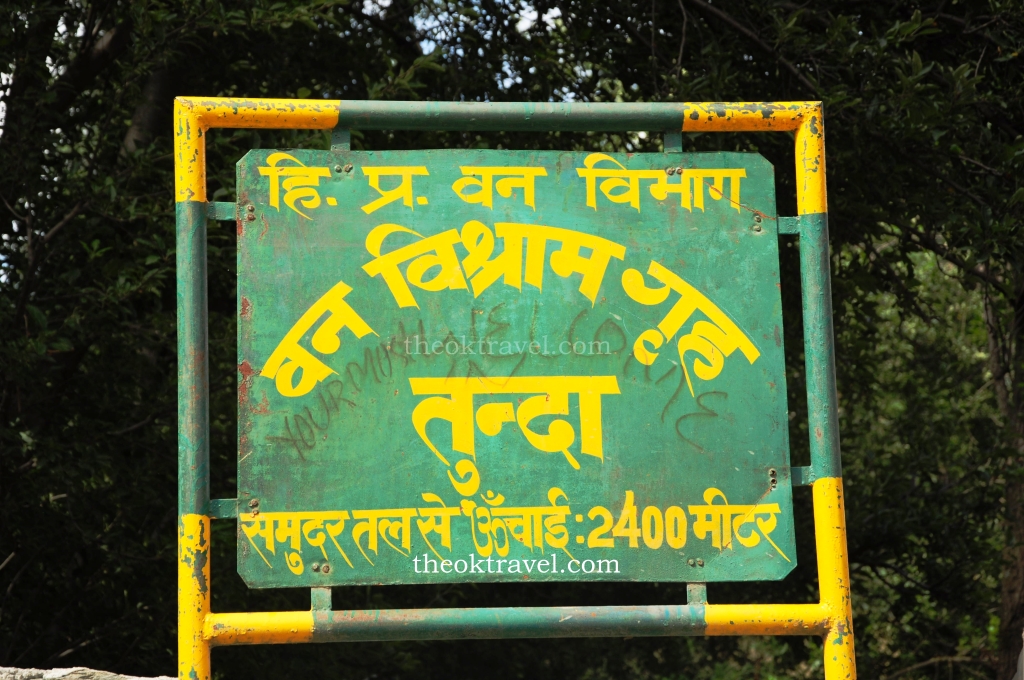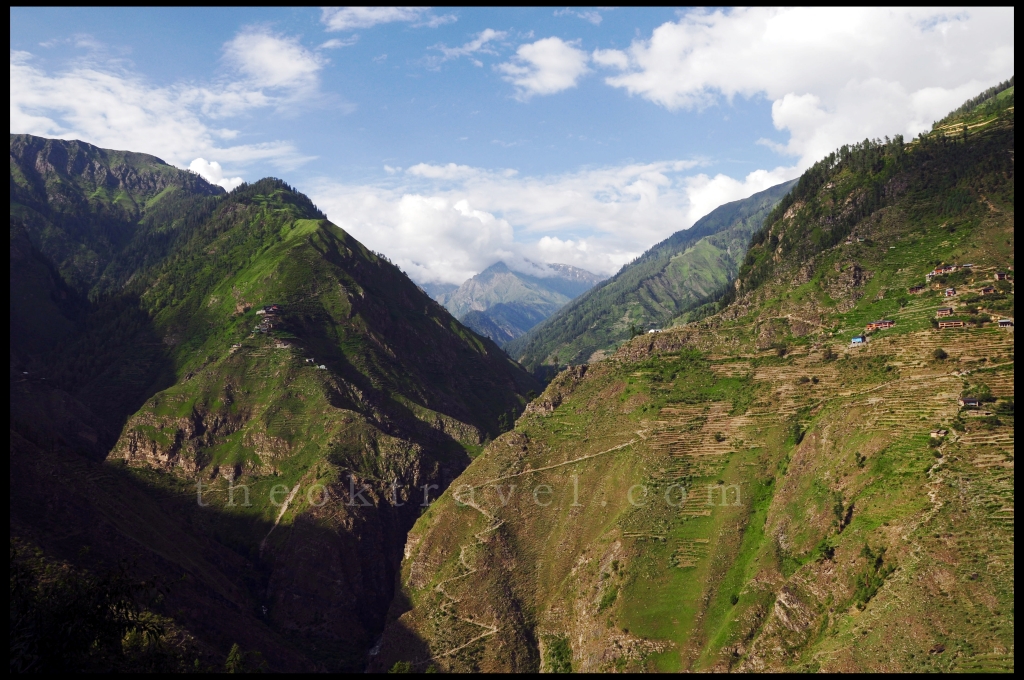Situated at a distance of about 45km from Dalhousie on the junction of Tundah Nalah and the river Ravi, Tundah Wildlife Sanctuary is located in the Chamba district of Himachal Pradesh. Connected with the Kugti Sanctuary by a forest corridor in the east, the Tundah Wildlife Sanctuary rests on an altitude of 2074 to 5532 meters above sea level.
A great attraction for all tourists who visit Chamba for different purposes, i.e. historic or trekking, the Tundah Wildlife Sanctuary is thickly populated with forests and other vegetation which gives it a magnificent outlook. The forestry in and around the sanctuary include moist Deodar, Coniferous, Deciduous, Alpine, Walnut, Kail, Fir and Spruce trees.
The high altitude sanctuary is densely inhabited by rare variety of animals, making a great attraction for the visitors. The animals, to name a few, found in the region include Himalayan Ibex Bear, Brown Langur, common Cat, Leopard Deer, Common Vole, Giant Flying jackal, Hiamlayan Wolf Rat to name a few.

The green pastures surrounding the sanctuary add up to the scenic beauty of the place. The visitors to the sanctuary can either choose to stay within the premises of the sanctuary, where a rest house with 2 beds is available or they can prefer to stay on the outskirts of the sanctuary where another rest house with 4 beds is available. There are other hotel, guest house and home stay facilities available for the visitors.
The best period to visit the sanctuary is in May-June and September-October, although tourists visit the sanctuary all throughout the year.

The Tundah Wildlife Sanctuary is easily accessible from all parts of the country; the closest railway station is at Pathankot, though the place is well connected by road from Chamba town, the central place with largest tourist footfall in the region.
Tundah Wildlife Sanctuary is also popular because of the ‘Banni Mata Mandir’ in the Banni Village and the Kali Cho Pass, which is arguably the toughest mountain passes of the state. The Kali Cho Pass connects the Udaipur/Triloknath in Lahaul Valley to the Bharmaur region in the Chamba district.
